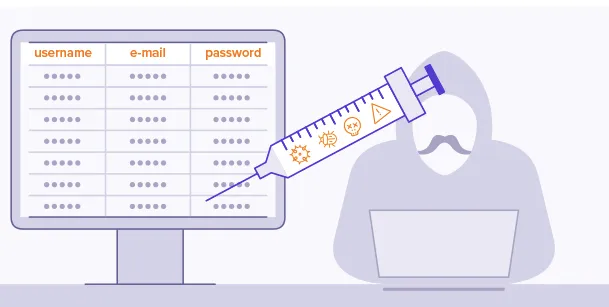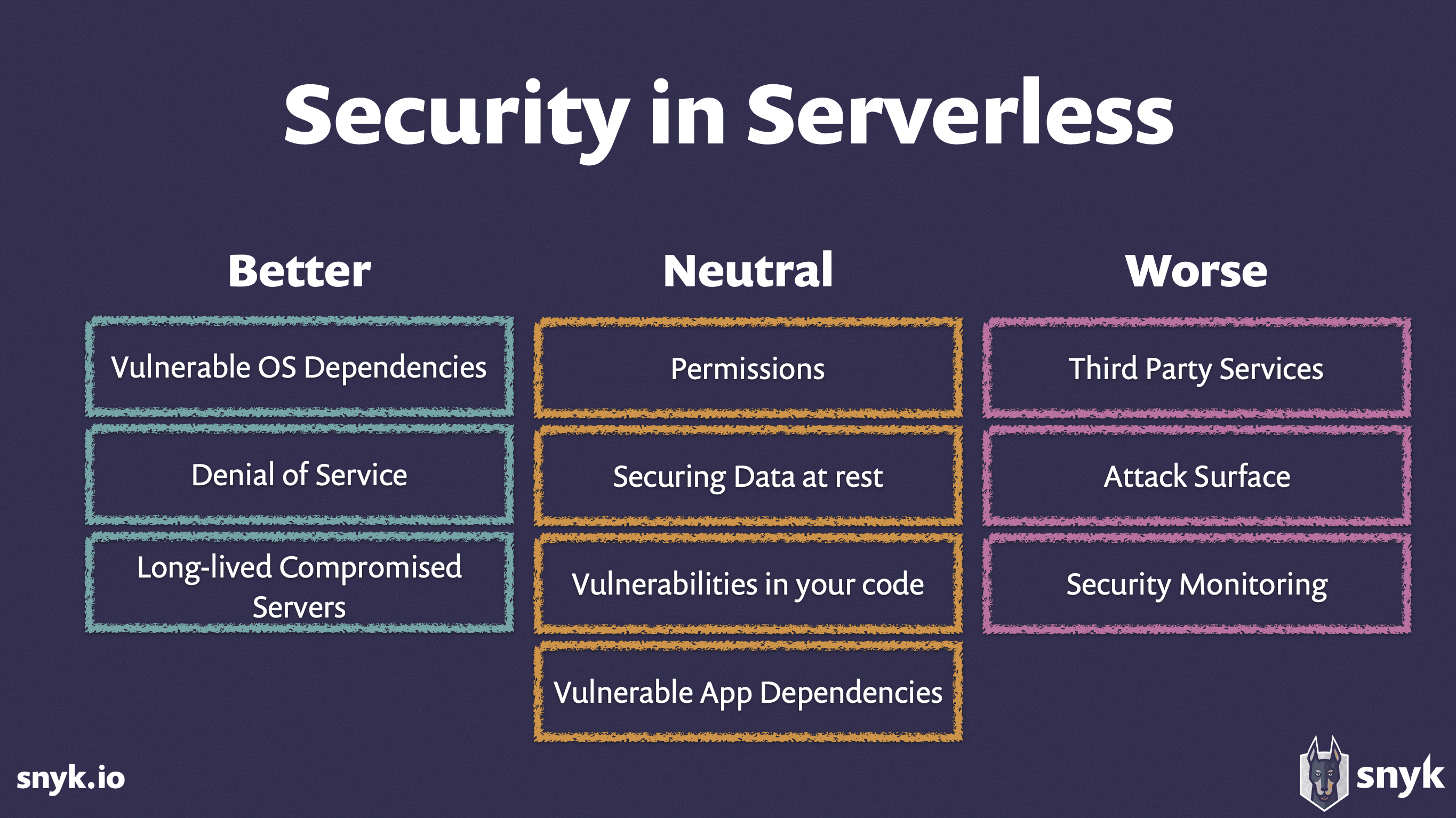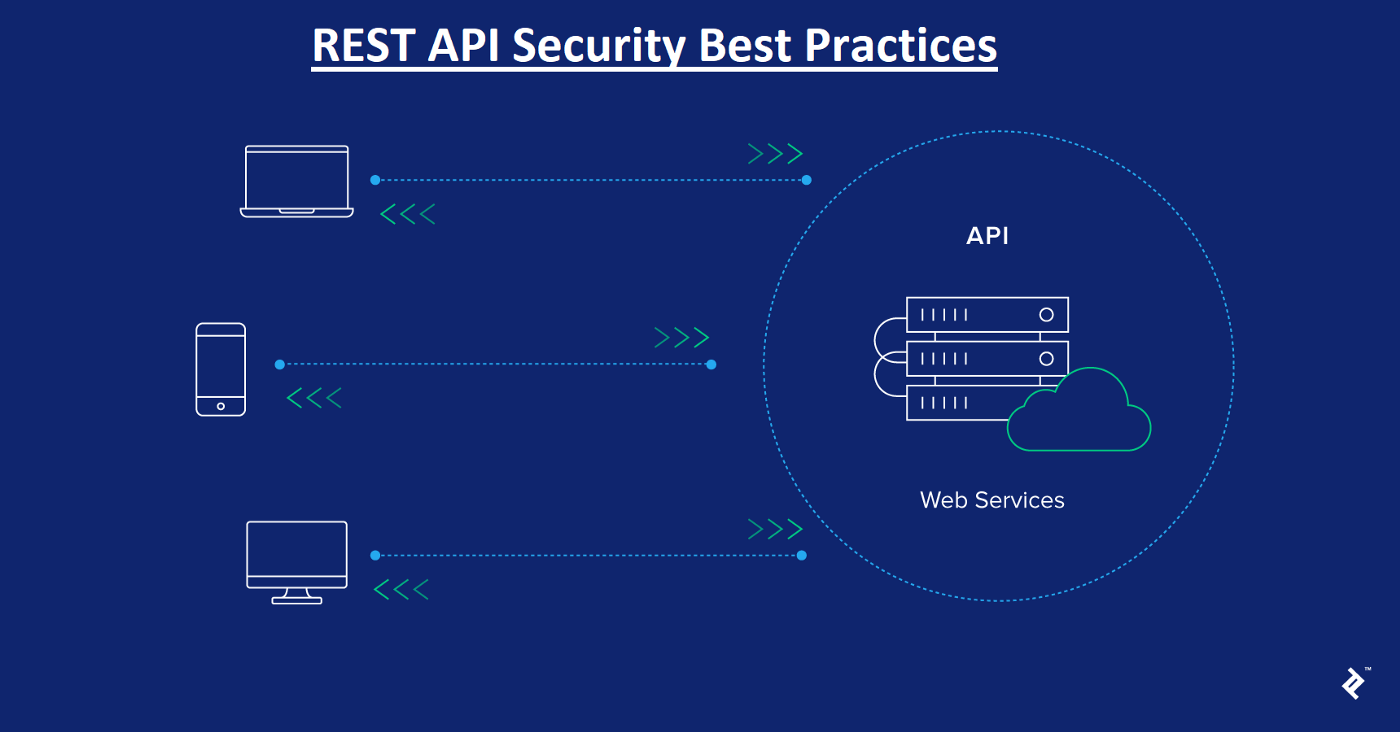
What is SQL Injection?
SQL injection is a type of attack in which malicious code is injected into a web application's SQL queries. This can be done by manipulating user input, such as the username or password, in a way that the attacker can control the SQL query that is executed.
How does SQL injection work?
SQL injection works by exploiting vulnerabilities in the way that web applications handle user input. When a user enters data into a web form, the application typically stores that data in a database. However, if the application does not properly validate the input, the attacker can inject malicious code into the database.
For example, if a web application has a form that allows users to change their password, the application might store the new password in the database using the following SQL query:
UPDATE users SET password = 'new_password' WHERE username = 'username';The attacker could exploit this vulnerability by entering the following malicious code into the password field:
new_password' OR 1=1; --This code would cause the SQL query to be executed as follows:
UPDATE users SET password = 'new_password' OR 1=1; -- WHERE username = 'username';The OR 1=1 clause will always evaluate to true, so the attacker will be able to change their password to whatever they want, regardless of the current password.
What are the risks of SQL injection?
SQL injection attacks can have a variety of serious consequences, including:
Data theft: The attacker can steal sensitive data from the database, such as user passwords, credit card numbers, or social security numbers.
Data manipulation: The attacker can manipulate data in the database, such as changing account balances or deleting records.
System compromise: The attacker can gain unauthorized access to the system, which could allow them to steal more data, install malware, or disrupt operations.
How to prevent SQL injection attacks?
There are a number of things that can be done to prevent SQL injection attacks, including:
Input validation: All user input should be validated before it is used in a SQL query. This can be done by using regular expressions or other techniques to check for malicious code.
Parameterized queries: Parameterized queries should be used whenever possible. This prevents the attacker from injecting malicious code into the query.
Web application firewalls: Web application firewalls can be used to detect and block SQL injection attacks.
Conclusion
SQL injection is a serious security threat that can have a significant impact on businesses. By following the tips above, organizations can help to prevent SQL injection attacks and protect their data.




